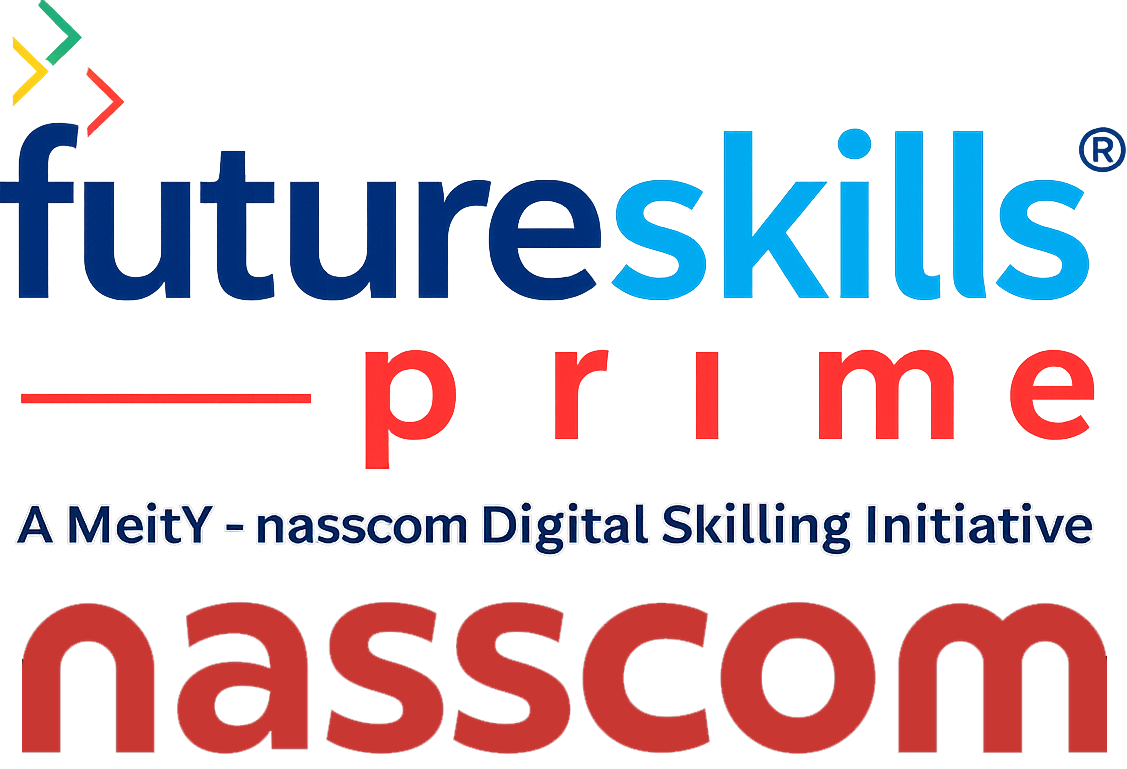Are you fascinated by the field of data science but come from a non-technical background? Don’t worry, because entering the world of data science is not limited to those with a computer science or mathematics degree. With the right approach and a bit of determination, you can successfully transition into a career in data science, even without a technical background. In this article, we will explore the steps you can take to get into data science from a non-technical background.
Introduction to Data Science
Data science is an interdisciplinary field that combines techniques and methods from various domains such as mathematics, statistics, computer science, and domain expertise to extract valuable insights and knowledge from data. It involves collecting, analyzing, interpreting, and visualizing data to drive informed decision-making.
Before diving into data science, it’s crucial to understand the field and its applications. Familiarize yourself with the different roles within data science, such as data analyst, data engineer, and machine learning engineer. Research various industries where data science is in high demand, such as healthcare, finance, e-commerce, and marketing.
Acquire Fundamental Knowledge
Start by building a strong foundation in the fundamentals of data science. This includes understanding basic statistical concepts, data structures, algorithms, and data manipulation techniques. Online platforms and resources like Coursera, edX, and Khan Academy offer courses and tutorials that can help you grasp these foundational concepts.
Learn Programming Languages
Proficiency in programming languages is essential for data science. Python and R are two popular programming languages widely used in the field. Learn the syntax, libraries, and frameworks associated with these languages. Practice writing code and implementing data manipulation, analysis, and visualization tasks.
Master Statistics and Mathematics
A solid understanding of statistics and mathematics is crucial for data science. Concepts such as probability, hypothesis testing, regression analysis, and linear algebra form the backbone of data science algorithms. Invest time in studying these topics and their applications in data analysis.
Gain Hands-On Experience
Theory alone is not enough in data science. Gain hands-on experience by working on real-world projects. Participate in Kaggle competitions, where you can apply your knowledge and learn from the data science community. Look for opportunities to collaborate with others on data-driven projects.
Enroll in Data Science Courses or Bootcamps
Consider enrolling in data science courses or bootcamps specifically designed for individuals with non-technical backgrounds. These programs provide a structured curriculum that covers essential data science concepts and techniques. They often include hands-on projects and mentorship to accelerate your learning.
Build a Strong Portfolio
Create a portfolio of data science projects to showcase your skills and expertise. Include projects that highlight different aspects of data science, such as data cleaning, exploratory data analysis, machine learning, and data visualization. Make your portfolio accessible through platforms like GitHub or personal websites.
Networking and Collaboration
Networking is crucial in any field, including data science. Attend data science meetups, conferences, and workshops to connect with professionals and enthusiasts. Engage in online communities and forums to seek advice, share knowledge, and collaborate on projects. Building relationships in the data science community can lead to valuable opportunities.
Stay Updated with Industry Trends
Data science is a rapidly evolving field. Stay updated with the latest trends, tools, and techniques. Follow influential data scientists and experts on social media platforms, read relevant blogs and articles, and subscribe to newsletters and podcasts. Continuous learning and adaptation are essential for success in data science.
Showcasing Your Skills
Apart from your portfolio, showcase your skills through blog posts, articles, or presentations. Write about your data science journey, share insights from your projects, or explain complex concepts in simple terms. This demonstrates your ability to communicate effectively and contributes to your personal branding.
Job Search Strategies
When searching for data science positions, leverage online job platforms, LinkedIn, and professional networks. Tailor your resume to highlight relevant skills and projects. Prepare for interviews by practicing technical questions and demonstrating your problem-solving abilities. Be proactive and reach out to companies or professionals for informational interviews and mentorship opportunities.
Developing a Data Science Mindset
Cultivate a data science mindset by embracing curiosity, critical thinking, and a willingness to learn from failures. Data science involves iterative processes and experimentation. Embrace challenges as opportunities for growth and continuously seek ways to enhance your skills.
Overcoming Challenges
Transitioning into data science from a non-technical background may present challenges. However, with persistence and a growth mindset, you can overcome them. Break down complex concepts into manageable parts, seek help from online communities, and celebrate small victories along the way. Remember that learning is a continuous journey.
Conclusion
Entering the field of data science from a non-technical background is an achievable goal. By following the outlined steps, acquiring fundamental knowledge, building a strong portfolio, and staying connected with the data science community, you can successfully embark on a career in data science. Embrace the challenges, stay motivated, and let your passion for data science drive you toward success.
FAQs (Frequently Asked Questions)
1. Is a technical background necessary to pursue a career in data science?
While a technical background can be advantageous, it is not an absolute requirement to pursue a career in data science. With dedication, learning, and hands-on experience, individuals from non-technical backgrounds can enter the field successfully.
2. Which programming language is best for data science?
Python and R are the two most popular programming languages for data science. Python is known for its simplicity, versatility, and extensive libraries, while R is widely used for statistical analysis and data visualization.
3. Can I learn data science online?
Yes, there are numerous online platforms, courses, and bootcamps that offer data science education for individuals of all backgrounds. These resources provide flexibility and accessibility for learning at your own pace.
4. How important is networking in data science?
Networking is crucial in data science as it helps you connect with professionals, learn from other’s experiences, and discover potential job opportunities. Engaging in data science communities and attending industry events can significantly benefit your career.
5. How long does it take to become a data scientist from a non-technical background?
The time required to become a data scientist varies depending on your existing knowledge, dedication, and the learning resources you utilize. It can take several months to a couple of years to acquire the necessary skills and experience for a data science career.





